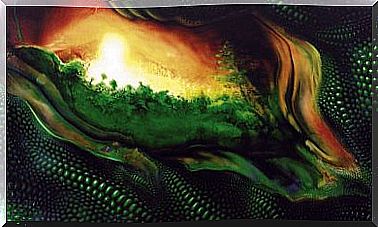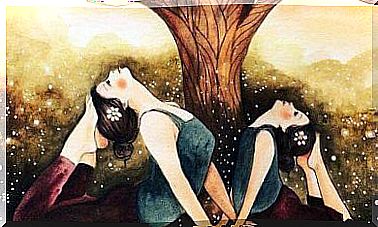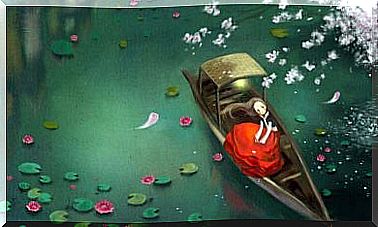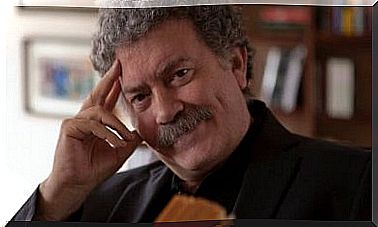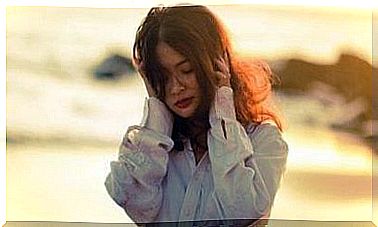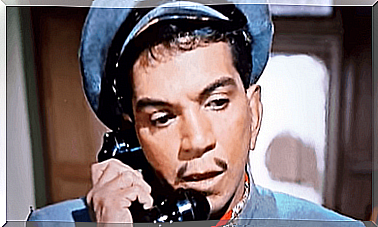Willing And Not Acting, Two Keys To Eastern Philosophies
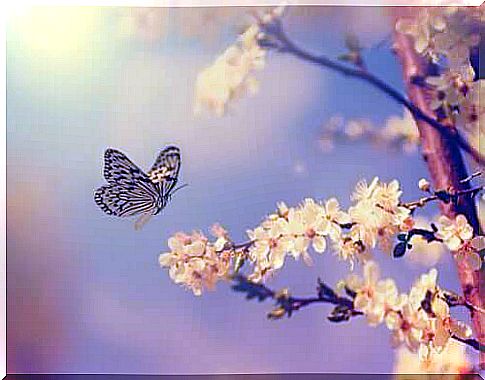
For Westerners, not wishing and not acting seems crazy. In fact, we live by doing the opposite: we are active and willing. However, stillness and detachment are two keys to Eastern philosophies and, for that very reason, they mark one of the great focuses of difference in relation to Western ones.
For Zen and other currents of thought, the fact of not wanting and not acting is a source of power. On the contrary, the attachment and the desire to influence everything or react to everything visibly weakens. These two keys to Eastern philosophies are sometimes misunderstood. They are confused with passivity or conformity.
There are also those who feel that life without desire is not life. Or, if it is, that it’s really boring and tedious. Intense emotions are a goal for many Westerners, to the point of inventing ways to put themselves in danger just for the pleasure it will give them. Given this, a question arises: what is the validity of these two keys of Eastern philosophies for a Westerner?
not wishing and not acting
Detachment and contemplation are fundamental in Eastern philosophies. This can be seen clearly in Tao, a book that has been read and enjoyed by all cultures at different historical times. He states: “The desireless soul sees what is hidden, the always desiring soul sees only what it desires”. This epitomizes the Eastern perspective on attachment.
For Westerners, desire is what drives action. This, in turn, is what results in an achievement. And achievement is equivalent to happiness. Why, then, is inaction one of the keys in Eastern philosophies? As the Tao points out, Orientals believe that desire distorts the perception of reality. This leads to self-deception and enslaves the individual. Somehow, reality seems to prove them right. When you desire, you act and achieve, then there is an emptiness that calls into question the desire itself.
In the face of inaction, another key in Eastern philosophies contained in the Tao says: “Can you keep the water still and clear so that it reflects without clouding?” It means that not doing allows reality to manifest in a more transparent way. Make yourself visible. Action, on the other hand, interferes with the natural flow of things. Therefore, we come to the truth quickly when we contemplate reality and let it be as it really is.
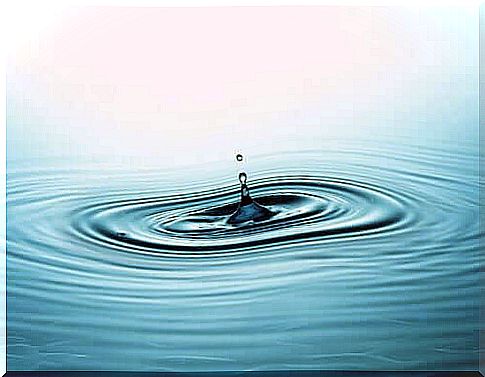
Not wishing, one of the keys to Eastern philosophies
For Eastern philosophies, the absence of desire brings great power. Whoever wants something, in one way or another, becomes a slave to that goal or desire. Your life becomes dependent on having or achieving what you want. Will do everything not to lose it or to keep it.
This, in itself, is a situation that leads to anguish. This lack of desire of the Orientals is analogous to the Western phrase that says: “The rich person is not the one who has more, but the one who needs less”.
The power to renounce gives a great strength to the human being. Neutralizes or nullifies all forms of conditioning based on the fear of losing something. Much of our Western anxiety stems precisely from fears that things won’t go our way, that we won’t get what we want, or perhaps that the undesirable will happen. And the undesirable is undesirable because it implies the deprivation of something that we classify as important to us.
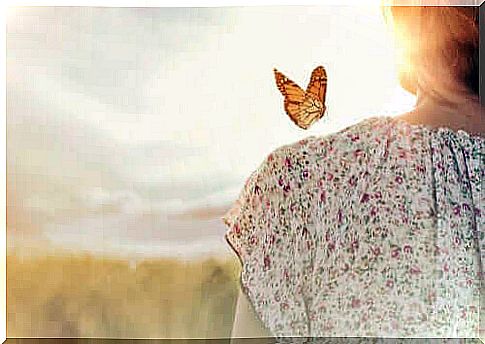
Not acting, a source of truth
The ‘not acting’ of the Orientals does not refer to the fact that we are frozen in the face of all circumstances. Rather, it is a ‘no action’ related to allowing each of the realities to take its own course. This is based on the conviction that each reality in the universe has its own dynamics, and that we should not interfere with it.
Not acting is one of the keys to Eastern philosophies because what should happen is already established; what must happen will happen. We can intervene, but that won’t alter the essential course of events. We will waste energy uselessly because we will not significantly change reality.
Not wanting and not acting are ways to arrive at the truth. This is a truth about ourselves and about the universe that also dwells within us, allowing us to capture everything more transparently and helping us to be more free. That’s why they are keys that Easterners cultivate, mainly to avoid suffering.
